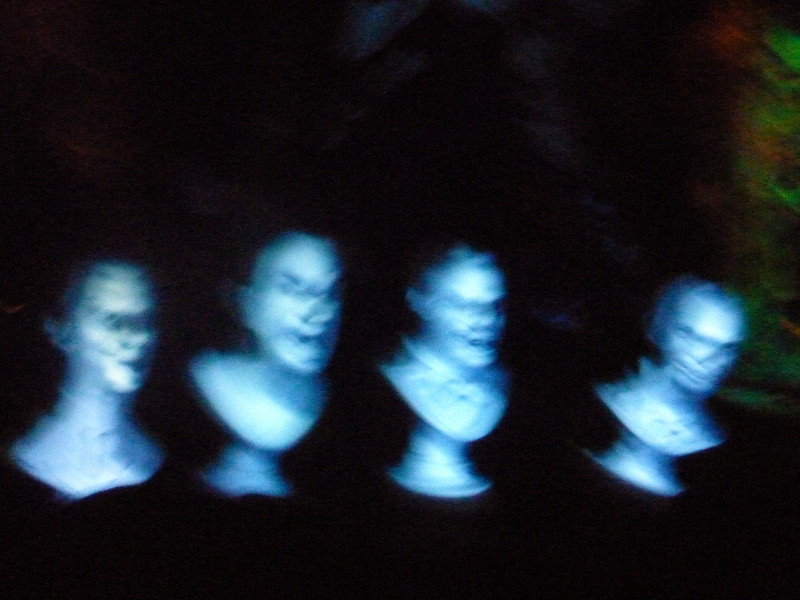

Dr. Biz Nijdam teaching.
Dr. Biz Nijdam was recently awarded a OER Affordability Grant for CENES’s Fair Tales and Popular Culture course (GMST 121). This grant provides funding and staff support to UBC faculty who wish to incorporate open educational resources as required materials into their UBCV credit courses.
First taught in 2020, and a recipient of the Innovate German Award in 2022, GMST 121: Fairy Tales and Popular Culture has grown to become the largest-enrolled course in the German Studies program, with a full class of 125 students in the Fall 2023 term and with increasing demand each year across disciplines at UBC. The course approaches the storytelling tradition of the Brothers Grimm through the perspectives of social-justice-oriented disciplines and Indigenous storytelling. By analyzing fairy tales through these lenses, the course invites students to reflect on the persisting resonance of these narratives and the ways they shape and reflect politics and culture today.
This project will ensure the course’s sustainability by creating a modular, online, open-access database through Pressbooks, consisting of lesson plans, video lectures, and supplementary learning materials. As an OER, the course can be expanded iteratively by new contributors with relatively little preparatory work, thereby allowing for its continuance in future years for new classes across UBC departments and audiences beyond the university. In addition to drawing from disciplines such as gender, race, queer, sexuality, and disability studies, it also connects with Indigenous storytelling to compare Indigenous and Western storytelling methods, and oral traditions.


As a large-enrolment course, GMST 121 also vitally supports Less Commonly Taught Languages (LCTL) incenses, which do not draw enough enrolment to support course costs. The success of this project will allow CENES to provide a long-term, asynchronous large-enrolment course that can support other smaller, vital courses in the program, particularly those focused on languages.
The growing popularity and success of GMST 121 points to the enduring resonance of the Grimms’ stories and students’ desire to revisit and interrogate these foundational narratives in our contemporary understandings of identity, social justice, and storytelling. By turning GMST 121 into an OER, we will expand the course’s availability to a larger student body (exceeding the 125 registrants in Fall 2023) as an asynchronous course, secure its affordability to students through free, open-access material, and ensure its ability to be taught by a diversity of faculty and sessional instructors without the increased labour of course design and prep.
The project’s fourteen modules will incorporate video lectures, H5P activities, and supplementary reading for increased accessibility and an engaging learning format that critically engages with these stories through mixed media and new visual forms.


